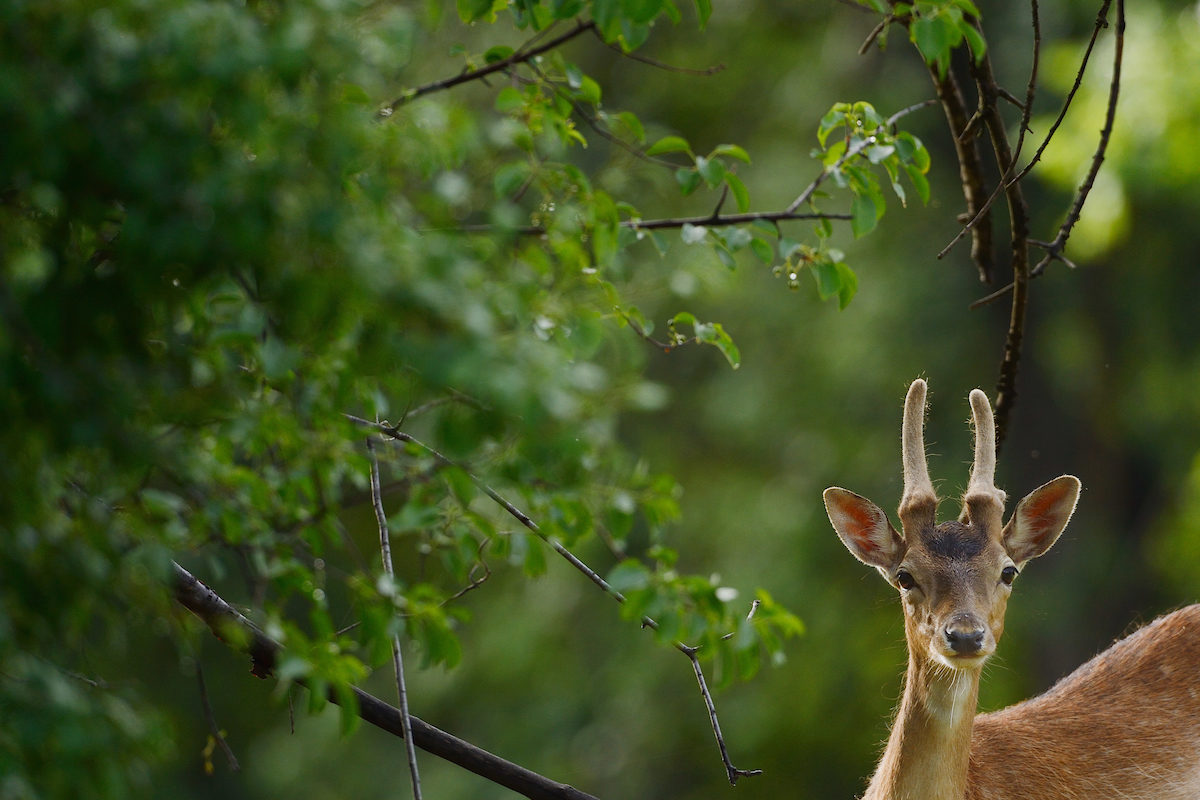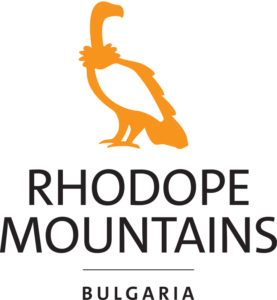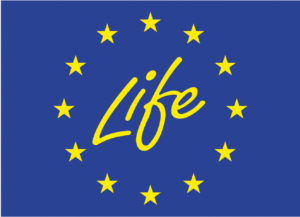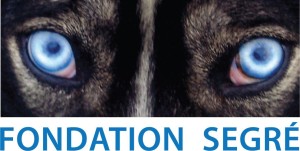Continuing a longstanding reintroduction programme, the latest recent translocation of 91 fallow deer in the Rhodope Mountains rewilding area in Bulgaria will help to create biodiversity-rich mosaic landscapes and enhance local food chains.

 Beneficial impact
Beneficial impact
Natural grazing by wild herbivores is a key process in the shaping of biodiversity-rich mosaic landscapes. In the past, however, as agriculture developed in Europe, such herbivores were largely replaced by livestock. The far more recent and ongoing trend of land abandonment in many European regions – resulting in declining livestock numbers – now means there is a growing interest in restoring the natural grazing process.
In the Rhodope Mountains rewilding area in Bulgaria, the process of creating mosaic landscapes through natural grazing has just received a boost, with 91 fallow deer released at four bird and two habitat Natura 2000 sites in the Eastern Rhodopes in mid-November. The presence of viable deer populations at these sites will also help to restore food chains by providing an important food source for local carnivores and scavengers.
Population increase
The Rewilding Rhodopes team have been working for many years to reestablish populations of both fallow and red deer in Bulgaria’s Eastern Rhodope mountains. Including the latest releases, more than 300 fallow deer have now been reintroduced at sites across the Rhodope Mountains rewilding area, with deer populations released earlier now increasing.
Before their return to the wild, the deer that have just been released spent some time in enclosures, allowing them to acclimatise to their new habitat.
“All the releases went smoothly and the animals are now doing well,” says Rewilding Rhodopes rewilding officer Stefan Avramov. “We are now looking forward to them breeding and enhancing wild nature in the area.”
Return of a native
The fallow deer was once widespread in Bulgaria. It is depicted in several Thracian treasures such as Panagyurishte and Lukovitskoye, and its bones found in almost all Bulgarian prehistoric settlements. It is believed to have been exterminated by man in the early Middle Ages, with population restoration beginning in the middle of the twentieth century.
All deer releases by the Rhodope Mountains rewilding team are carried out under the framework of the five-year LIFE Vultures project, with the generous support of Fondation Segré. Starting in 2016, the aim of the project is to support the recovery and further expansion of the black and griffon vulture populations in the Rhodope Mountains of Bulgaria and Greece, mainly by improving the availability of natural prey (such as fallow and red deer), and by reducing mortality through factors such as poaching, poisoning and collisions with power lines.
Want to know more?
- Website Rewilding Rhodopes
- Read about the LIFE Vultures project
- Rewilding in Rhodope Mountains area
- Experience the Eastern Rhodopes with the European Safari Company


